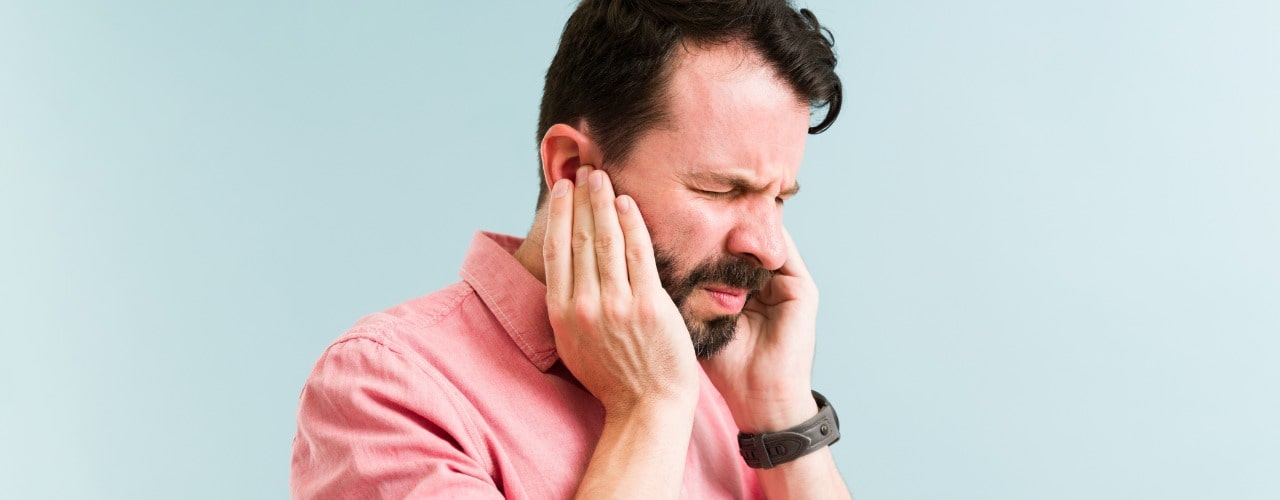What's in a sneeze?
Sneezing is completely normal - it’s something we all do and is a way that the body can react to certain triggers. However, there are some habits that can make a difference when it comes to sneezing, including how often you’re doing it and whether it’s effective for your body. It’s useful to understand exactly what’s happening when your body starts to sneeze, as well as what’s likely to make your body react like this.
What exactly is sneezing?
It’s the body’s way of clearing debris from the nose. It’s a totally natural function and most of us will sneeze fewer than a few times a day - if that. However, sneezing can also be triggered if you inhale an irritant and this might mean that you find yourself sneezing a lot more than expected. When you sneeze, the trigeminal nerve - which has branches all over the face - is being activated. Anything, from an allergen to mucus in the nose, can cause this nerve to react and make you sneeze.
What are common sneezing triggers?
- Anything in the nose, from dust to pollen to mucus.
- The feeling of cold air on the face, which can send a message to the trigeminal nerve that there is an irritant and you need to sneeze.
- Being full after eating - stretching your stomach can cause the snatiation reflex, which triggers sneezing.
- Bright lights - around a third of us suffer from autosomal dominant compelling helio-ophthalmic outburst (ACHOO syndrome), which means that we respond to bright lights by sneezing.
- Sexual arousal. The nervous system is a key part of both the mechanism that makes you sneeze and feel sexual arousal so one can trigger the other.
- Having a seizure - sometimes, sneezing several times can be an indication of an imminent seizure in someone who is epileptic.
95% of people sneeze four times a day
It’s very normal to sneeze more than once and most of us do. One survey found that the average person sneezes four times a day. Some of us will also sneeze the exact same number of times whenever we feel the need for a release like this. There is nothing sinister in this either, it has simply become a habit. The key is to look out for any changes in the routines that are familiar to you - if you start to sneeze more often then you might have some inflammation of the nasal cavity or need to talk to someone about allergies.
Can you stop sneezing?
Many people enjoy sneezing - and the after-effect of having a much clearer nose. However, if you’re in a situation where you’d rather not sneeze (e.g. at the dinner table or in a very quiet room) then sometimes you can stop it. One of the most effective ways to do this is by pinching the nose. By far the best way to minimise your sneezes is simply to practice positive nasal care, including avoiding allergens, using a sinus rinse and blowing your nose often.
A sneeze is a natural bodily response that most of us do on a regular basis.
Harley Street is the UK's foremost private medical centre which is dedicated to providing high-quality care for your ear, nose, throat, head & neck, and balance-related disorders. Find out more information on how Harley Street ENT can help you here.












